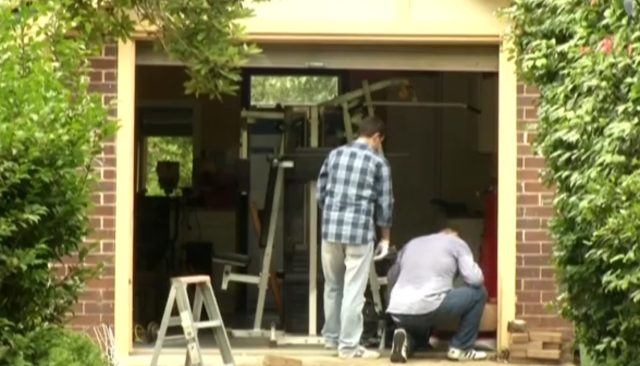
Australian federal police have raided the Sydney home of Craig Steven Wright, the man who—just a few hours ago—was named by Wired and Gizmodo as the probable creator of Bitcoin. Reuters reports that there are police at an office that's listed as the registered location of two of Wright's businesses, too.
Curiously, a statement from the Australian federal police said that the raids were not related to the recent Bitcoin revelation. "The AFP can confirm it has conducted search warrants to assist the Australian Taxation Office at a residence in Gordon and a business premises in Ryde, Sydney. This matter is unrelated to recent media reporting regarding the digital currency bitcoin."
Late yesterday, both Wired and Gizmodo published reports that fingered Craig Steven Wright as the likely real identity of Satoshi Nakamoto, the pseudonymous figure behind the creation of the original Bitcoin software in 2009. Both Wired and Gizmodo were working from the same trove of documents. The evidence is pretty convincing: as Wired says, "Either Wright invented bitcoin, or he’s a brilliant hoaxer who very badly wants us to believe he did."
What's particularly interesting is that Wright was raided by the police "to assist the Australian Taxation Office"—and according to the leaked documents, Wright was involved in a tax dispute. Gizmodo published some leaked e-mails that appear to show Wright discussing a tax dispute with an Australian senator. There's also a transcript between Wright and his lawyers that appears to involve the same tax dispute. In those leaked documents, Wright strongly implies that he is Satoshi Nakamoto. It could just be a coincidence, of course.
If the documents obtained by Wired and Gizmodo are true, then Wright is currently in control of around 1.1 million bitcoins, which would be worth around £300 million (or 640 million Australian dollars) at today's prices.
reader comments
64